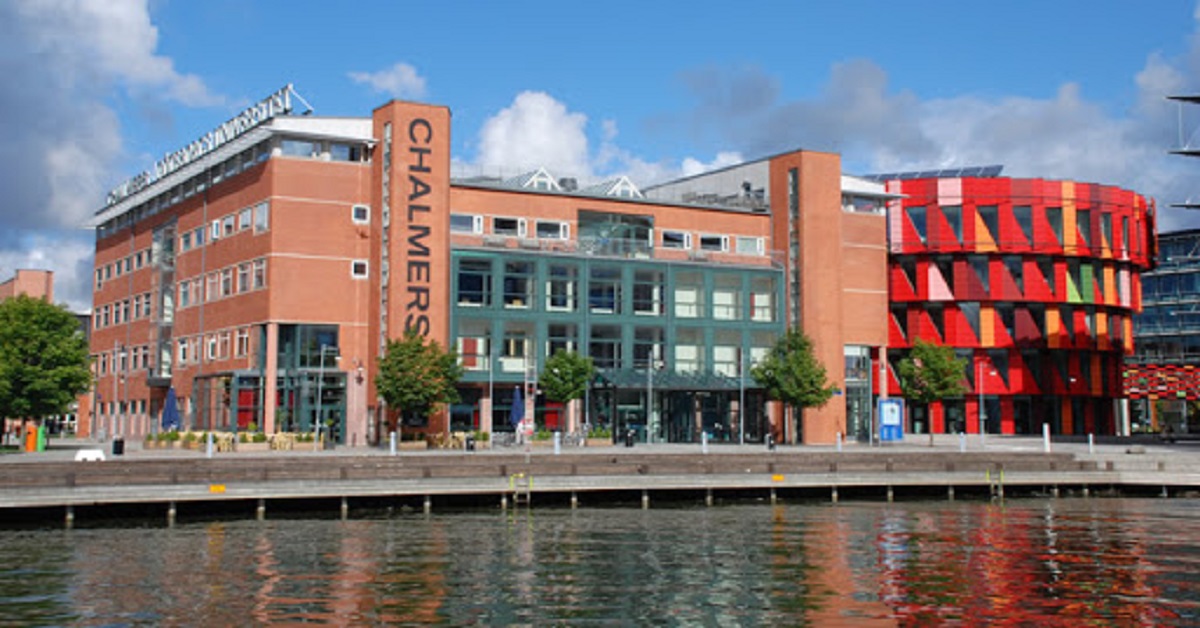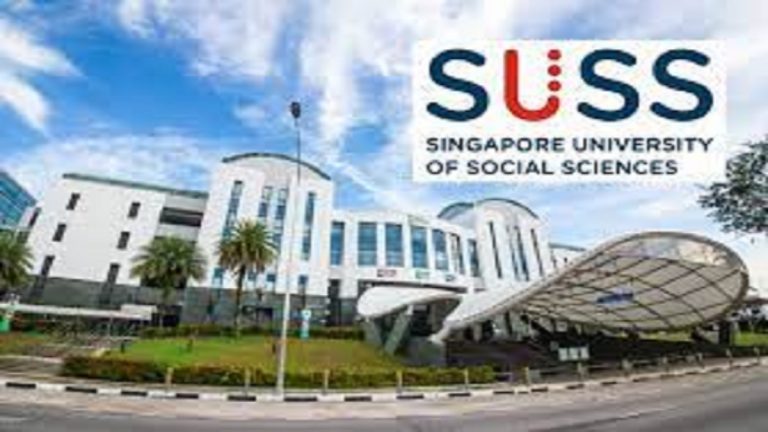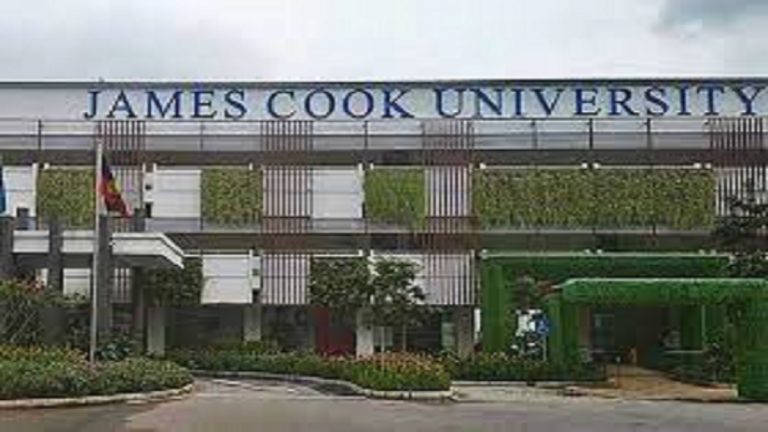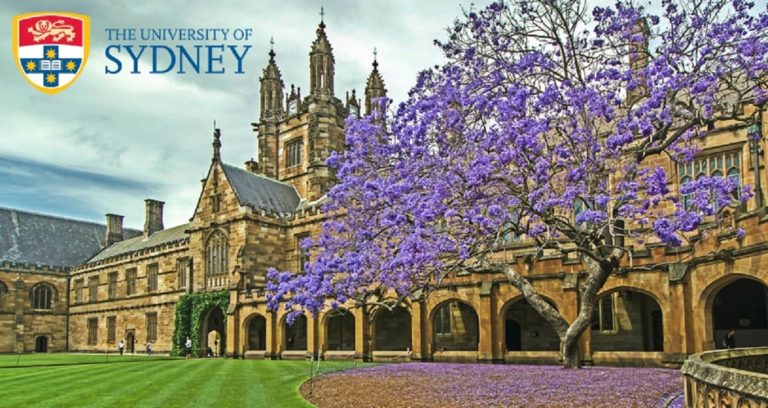
We seek a postdoctoral researcher to work on Polarized Galactic Emission Modelling at Small Scales (P-GEMSS), a program funded by the Swedish Research Council. The aim of the program is to improve the analysis of the polarization of the Cosmic Microwave Background (CMB) by creating high-fidelity models of the Galactic foreground emission. The focus of the program is to obtain a description of the statistics of polarized dust and synchrotron emission on sub-degree angular scales.
The successful candidate will work with existing surveys of the radio sky at GHz frequencies in total intensity and polarization to create all-sky models of the polarized synchrotron emission at CMB frequencies. They will develop Bayesian inference algorithms, use morphological measures of diffuse emission and quantify spatial statistics of Galactic emission. Previous experience in Bayesian statistics, CMB foreground modelling, radio astronomy, polarization or ISM science is a plus.
Information about the division and department
The Astronomy and plasma physics (AoP) division at the Space, Earth and Environment (SEE) department at Chalmers hosts about 45 staff members involved in research activities such as active galactic nucleii, evolved stars, exoplanets, galaxy evolution, interstellar medium, star formation, as well as fusion plasma physics. The division also collaborates with the Onsala Space Observatory that hosts, e.g., the Nordic ALMA Regional Center node, and is the SKA center for Sweden.
A competitive salary and benefits package is offered at Chalmers. Fellows are eligible for social security benefits, including health insurance, paid leave, and retirement benefits. The position also includes travel funds and opportunities for dissemination, networking, and international collaborations.
Major responsibilities
Your major responsibility is to conduct research that is in line with the goals of the P-GEMSS program, in collaboration with the group led by Asst. Prof. Georgia Panopoulou. This includes dissemination of research findings via publications, international workshops and conferences. The position includes an expectation to participate in building a positive, inclusive work environment at the division.
Qualifications
To qualify for these postdoc fellowship positions, you must have a Ph.D. in a relevant field by the start date of the position (according to the current agreement with the Swedish Agency for Government Employers).
The position requires sound verbal and written communication skills in English. Swedish is not a requirement but Chalmers offers Swedish courses.
You are expected to demonstrate good potential within research and education.
Contract terms
This postdoc position is a full-time temporary employment for 3 (+1) years.
We offerChalmers offers a cultivating and inspiring working environment in the coastal city of Gothenburg.
Read more about working at Chalmers and our benefits for employees.
Chalmers aims to actively improve our gender balance. We work broadly with equality projects, for example the GENIE Initiative on gender equality for excellence. Equality and diversity are substantial foundations in all activities at Chalmers.
Application procedure
The application should be marked with Ref 20230693 and written in English. The application should be sent electronically and be attached as PDF-files, as below. Maximum size for each file is 40 MB. Please note that the system does not support Zip files.
– Cover Letter (max 1 page)
– CV, including complete list of publications
– Statement of the past and current research (max 3 pages)
– Contact details of three referees who can be contacted for Reference Letters.
Application deadline: 2024-01-15
For questions, please contact:
Asst. Prof. Georgia Panopoulou, Astronomy and Plasma Physics,
[email protected].
*** Chalmers declines to consider all offers of further announcement publishing or other types of support for the recruiting process in connection with this position. ***
Chalmers University of Technology conducts research and education in engineering sciences, architecture, technology-related mathematical sciences, natural and nautical sciences, working in close collaboration with industry and society. The strategy for scientific excellence focuses on our six Areas of Advance; Energy, Health Engineering, Information and Communication Technology, Materials Science, Production and Transport. The aim is to make an active contribution to a sustainable future using the basic sciences as a foundation and innovation and entrepreneurship as the central driving forces. Chalmers has around 11,000 students and 3,000 employees. New knowledge and improved technology have characterised Chalmers since its foundation in 1829, completely in accordance with the will of William Chalmers and his motto: Avancez!


